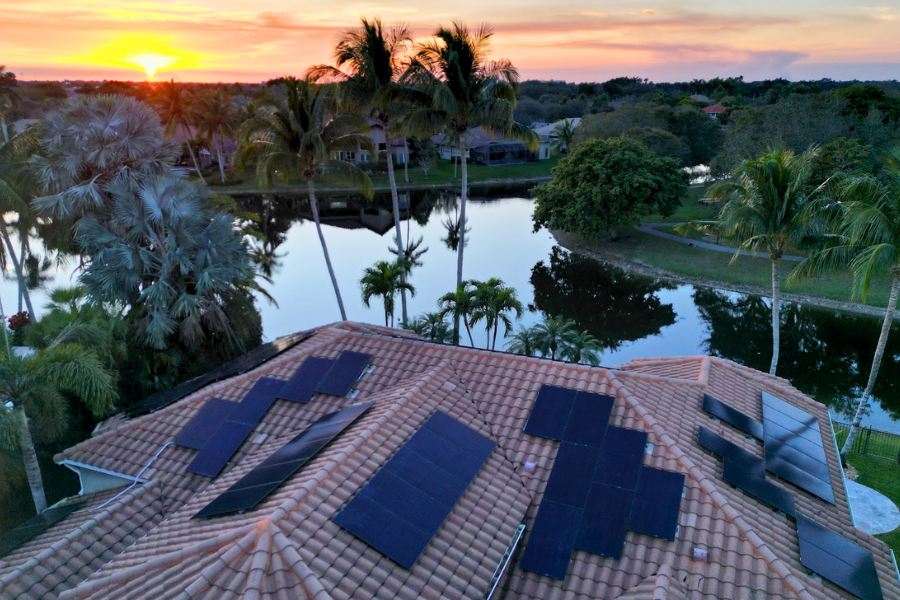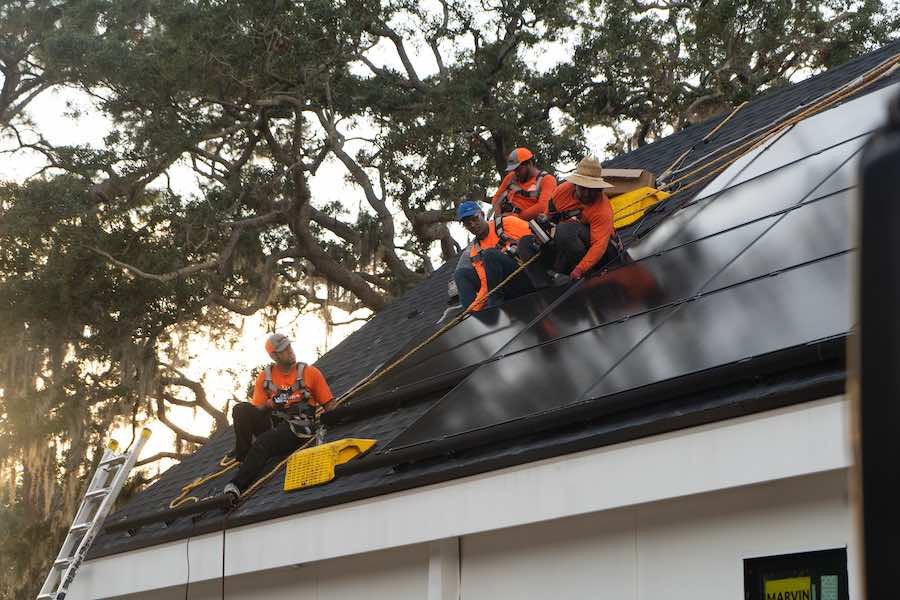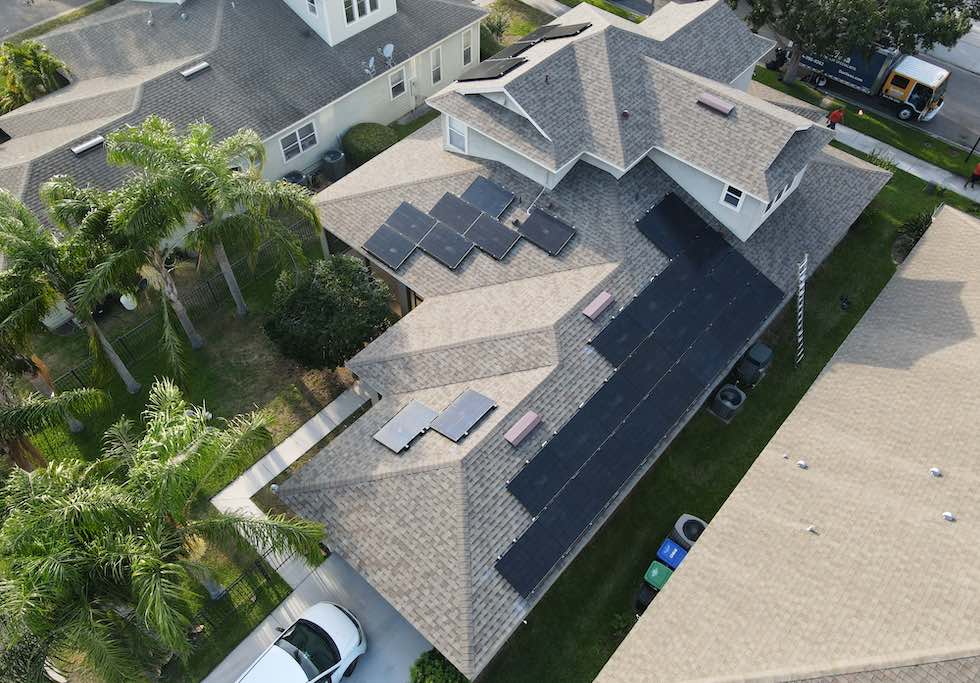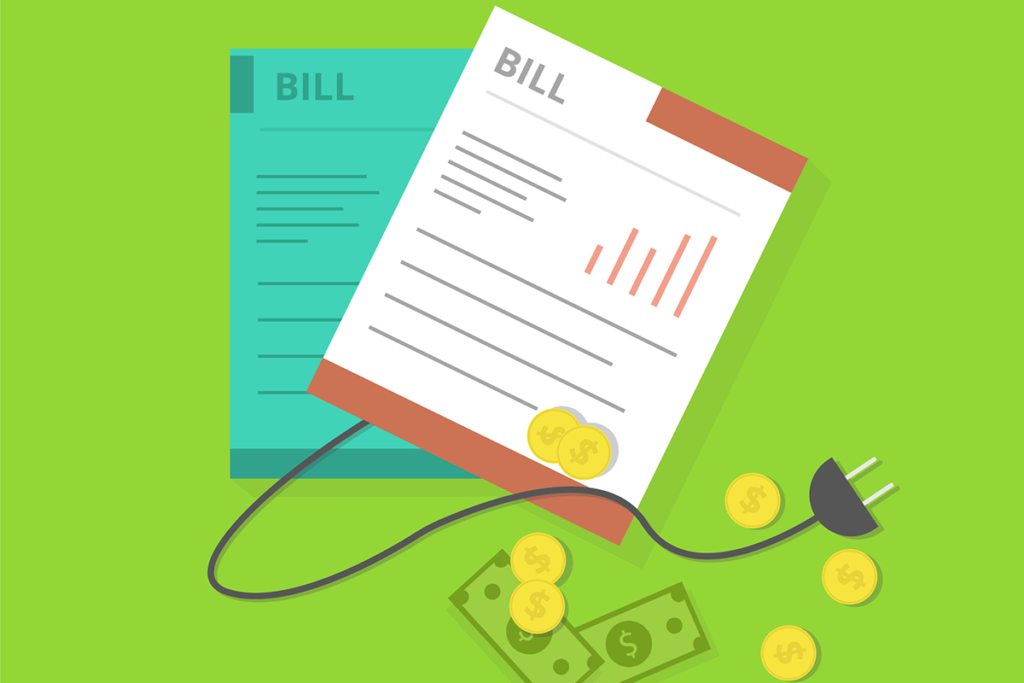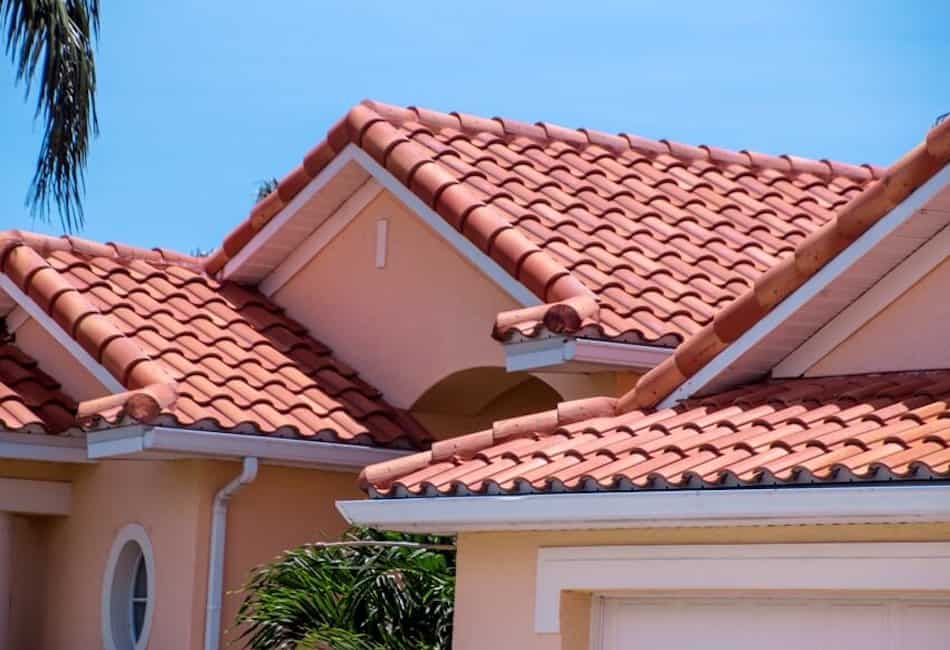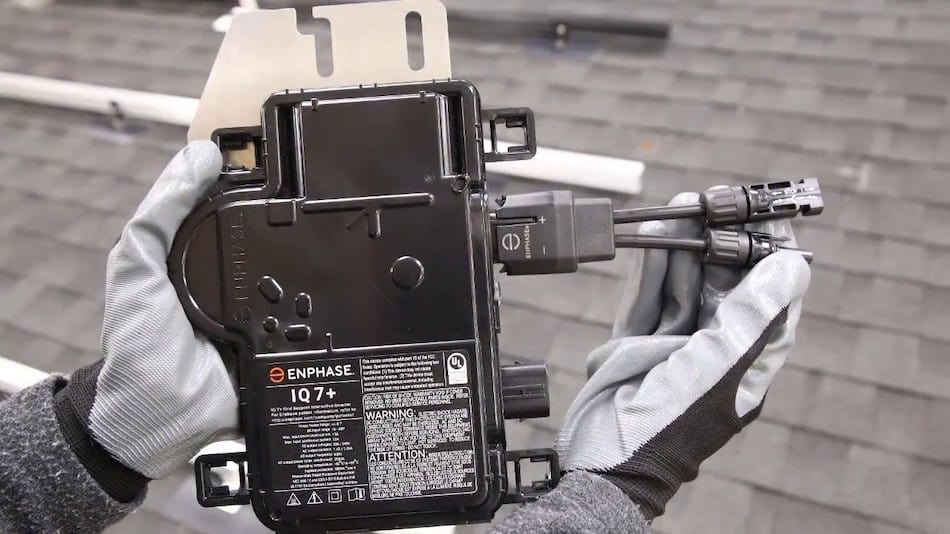
Solar inverters, also known as photovoltaic (PV) inverters, are essential components in any solar energy system. They are responsible for converting the DC electricity generated by the solar panels into AC electricity that can be used in homes and businesses. The AC electricity generated by the inverter is then sent to an electrical panel and distributed throughout the building.
Types of Solar Inverters
There are several types of solar inverters, each with its own unique features and benefits. The most common types are:
Central Inverters
Central inverters are the traditional type of inverter and are usually used in large-scale solar energy systems. They are installed at a central location and connected to multiple solar panels.
Microinverters
Microinverters are small, individual inverters that are attached to each solar panel. This type of inverter is becoming increasingly popular for residential solar energy systems as it provides more flexibility and improved performance.
String Inverters
String inverters are similar to central inverters but are smaller in size. They are connected to multiple solar panels in a “string” and are often used in residential and commercial solar energy systems.
Power Optimizers
Power optimizers are devices that are attached to each solar panel and work in conjunction with a central or string inverter. They optimize the performance of each individual panel and can improve the overall efficiency of the solar energy system.
Functions of Solar Inverters
Solar inverters perform several key functions, including:
- Converting DC electricity into AC electricity
- Monitoring the performance of your solar panels
- Maximizing the amount of electricity generated by your panels
- Shutting down your system in the event of a power outage or other safety issue
Benefits of Solar Inverters
Solar inverters bring several benefits to any solar energy system. Some of the most notable benefits include:
- Increased efficiency: Solar inverters help to optimize the performance of the solar panels, resulting in increased efficiency and improved energy output.
- Improved reliability: With a solar inverter in place, the solar energy system is less likely to experience power outages or malfunctions. This can result in improved reliability and peace of mind for the homeowner.
- Increased safety: Solar inverters help to ensure that the electricity generated by the solar panels is safe for use in homes and businesses.
- Increased energy independence: With a solar energy system and a solar inverter, homeowners and businesses can reduce their reliance on the traditional energy grid and become more energy independent.
Choosing the Right Solar Inverter for Your Needs
When choosing a solar inverter, there are several factors to consider, including:
- The size of your solar panel system
- The type of panels you are using
- Your budget
- Your energy needs
- Your location and climate
It is important to work with a professional solar installer to determine the best solar inverter for your needs. They will be able to assess your system and recommend the best type of inverter for your situation.
FAQs
What is the purpose of a solar inverter?
The purpose of a solar inverter is to convert the direct current (DC) electricity generated by the solar panels into alternating current (AC) electricity that can be used in homes and businesses.
Can I use my solar panels without a solar inverter?
No, you cannot use your solar panels without a solar inverter. The DC electricity generated by the solar panels must be converted into AC electricity before it can be used in homes and businesses.
Can I use a solar inverter with a battery backup system?
Yes, many solar inverters are compatible with battery backup systems, which can provide backup power during outages.
What is the difference between a central inverter and a microinverter?
Central inverters are a single, large inverter that is typically installed near the electrical service panel and are less expensive but have limitations such as affecting the performance of all panels if one panel is not functioning properly. Microinverters, on the other hand, are small inverters attached to each individual solar panel, improving system performance by optimizing the output of each panel individually but are typically more expensive and may not be cost-effective for larger PV systems.
How long do solar inverters last?
Solar inverters typically last between 15 and 25 years, depending on the type and brand.
